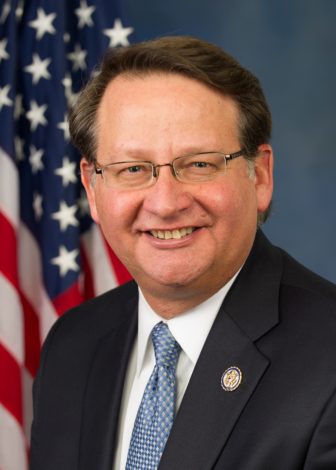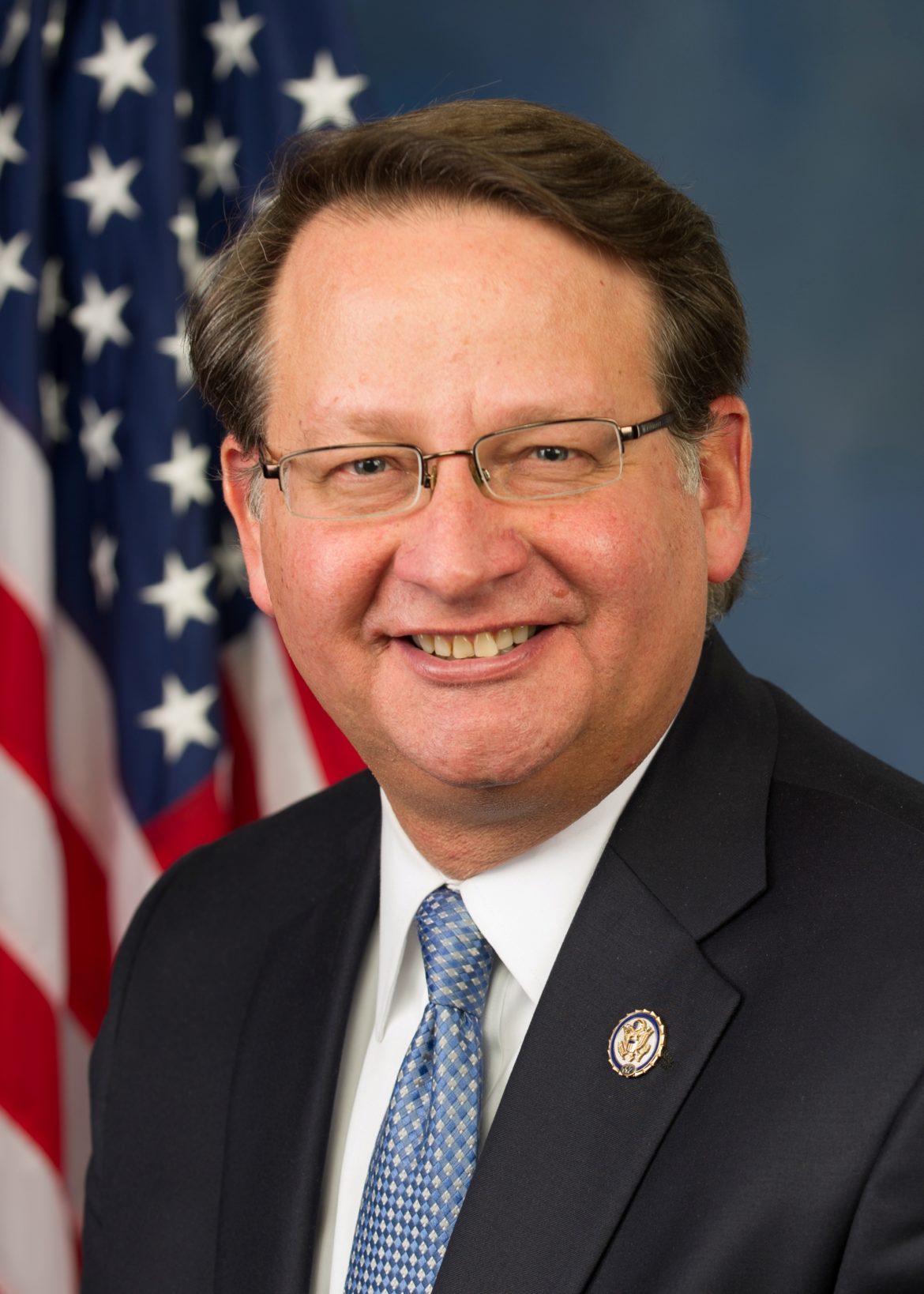
Sen. Gary Peters, D-Michigan
WASHINGTON — A proposed federal grant program aims to encourage cooperation between states’ juvenile justice and child welfare agencies, to help youth who encounter both systems.
The Childhood Outcomes Need New Efficient Community Teams (CONNECT) Act would authorize grants for collecting data on and developing policies to help so-called dual status youth.
“We need more information about who these young people are and the challenges they face so they have a fair shot at a path to success,” said Sen. Gary Peters, D-Michigan, who introduced the bipartisan legislation with Sen. Charles E. Grassley, R-Iowa.

The Childhood Outcomes Need New Efficient Community Teams (CONNECT) Act
State agencies would apply jointly for grants from the Health and Human Services Department to collect data on the prevalence and characteristics of dual status youth, as well as to develop policies and practices to improve their lives, according to a summary of the bill.
Dual status youth often have experienced trauma and fare worse than their peers on educational outcomes, detention rates and behavioral health needs. Cities and states across the country want to address those needs but need more support to do so, said John Tuell, executive director of the RFK National Resource Center for Juvenile Justice, a leading source for research and policy development related to dual status youth.
“A growing number of jurisdictions are taking on the challenge, but this legislation would allow it to reach a remarkable critical mass,” he said.
The center has found that approximately two-thirds of the juvenile justice population has had some contact with the child welfare system in the jurisdictions where the center has projects.
Tuell said he’s thrilled to see bipartisan legislation on dual status youth and applauded the bill’s attention to data collection, resource coordination and collaborative leadership. While existing federal juvenile justice and education laws have included provisions for dual status youth, the bill is another important step forward that brings in the child welfare sphere through HHS, Tuell said.
The bill also won praise from other organizations, including the Child Welfare League of America, the Coalition for Juvenile Justice and Boys Town.
“In addressing the needs of some of our most vulnerable children and youth it is essential that agencies and jurisdictions work together to better address the needs of these young people who find themselves involved with both the child welfare and juvenile justice systems,” Christine James-Brown, president and CEO of the Child Welfare League of America, said in a news release.
